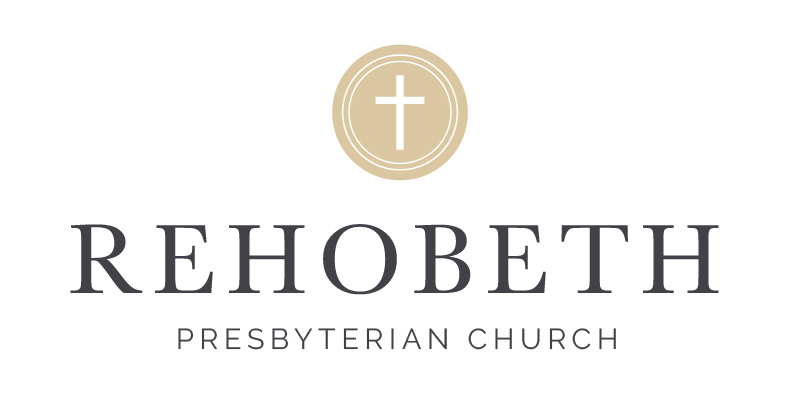As a child, I remember reading about the ancient Israelites, about their idol of the golden calf and then studying the First Commandment and thinking, “Of all the commandments, at least here's one I can't break!” After all, nowhere in my room did I have a golden calf sitting on a pedestal; much less did I bow down to any of my toys. I didn't have any religious relics or objects that I referred to as “God” or viewed as divine or worthy of worship – so I was confident that I couldn't possibly violate this law.
Whew.
Then I learned what an idol really is: anything “in which one trusts in place of or alongside of the only true God, who has revealed himself in the Word,” as the Heidelberg Catechism puts it.
Uh oh.
False Gods
In short, an idol is a substitute god, crafted from the created realm. It's anything or anyone you and I put in the place of the triune God. It's anything to which or anyone to whom you devote your heart and life above, or even beside, the Lord God Almighty.
The Lord gave us His good creation to enjoy to His glory. In 1 Timothy 4:4-5, St. Paul even says that we're to receive God's creation with thanksgiving, using it in a way that is set apart to Him by prayer and complies with His Word. Perhaps one of the best illustrations of this is a prayer of thanksgiving prior to a meal – but the principle can and should be applied to every aspect of your life. I've known folks who pray with thanksgiving before they play golf – even though they know they're going to have their ups and downs on the course!
The problem comes when you'd rather be on the golf course or in the kitchen (or anywhere else) instead of being in God's house on Sundays. The problem comes when you devote your resources – time, money, energy to name a few – to the creation as an end in itself rather than to the service of the Creator, leaving God out of the picture as you spend hours engrossed in your favorite hobby.
Here's a test: keep an inventory of your thoughts in a day. When you're not focused on the matter at hand, where does your mind wander? What do you really dwell on? What gets your pulse pounding?
This is the first step to identifying, and thus to rooting out, false gods in your heart and life.
The Heart of the Problem
The Genevan Reformer John Calvin famously said that the human heart is a “perpetual factory of idols.” Coming to terms with the First Commandment in your life requires you to come to terms with your propensity to make false gods while suppressing the knowledge of the true God (Romans 1:21-23). You and I hold down the reality of God's existence in our consciences, yet we invariably replace Him with something(s) He has made.
That's the irony: many people today claim not to be worshippers – probably meaning they're not “religious” – but actually, Scripture asserts, everyone worships something and/or someone. Your heart isn't a religious vacuum: if you're not worshipping the true God, you'll find some substitute for Him.
The Folly of Idolatry
The children of Israel had Aaron fashion a golden calf for them to worship while Moses was on Mt. Sinai receiving the law from God. Read Exodus 32, and you'll see it's really a pathetic sight. Aaron took their golden earrings, melted them down, made a calf and proclaimed that calf to be the god that brought them out of Egypt. Your earrings saved you from your oppressors.
Just saying those words makes you want to laugh … and to cry.
Those Israelites might strike you and me as pitiable, but we're no different when we look at a tool, or at a golf club, or at a beach, and say, “You're my savior. You make everything right.” Instead of saying, “Thank you, Lord, for this good gift by which I can enjoy you,” you and I meditate on the created thing to the ignoring of its Creator. And we're no better than the ancient Israelites.
Idolatry is folly, for several reasons:
- It deifies a limited, created thing while denigrating the true and everlasting God.
- It redefines salvation to cut out sin, Hell, mercy and Jesus Christ and to focus instead on my pleasure.
- It is inherently life-draining, while the knowledge of the true God is life-giving (St. John 10:10).
You probably can think of more.
Taking Stock
I was horrified to learn that yes, I can – and do – break the First Commandment today. And every day.
But asking the Holy Spirit to search my heart, my day-planner, my bank accounts and my conversations has been a great help to locate, and to fight against, the idols of my heart and life. I encourage you to do the same. Because when you do ask God to grind those false gods to powder (Exodus 32:20), He will turn you from dead idols to serve Him, the true and living God, and to know the life that only Jesus Christ – the true Savior – gives (1 Thessalonians 1:9-10).
